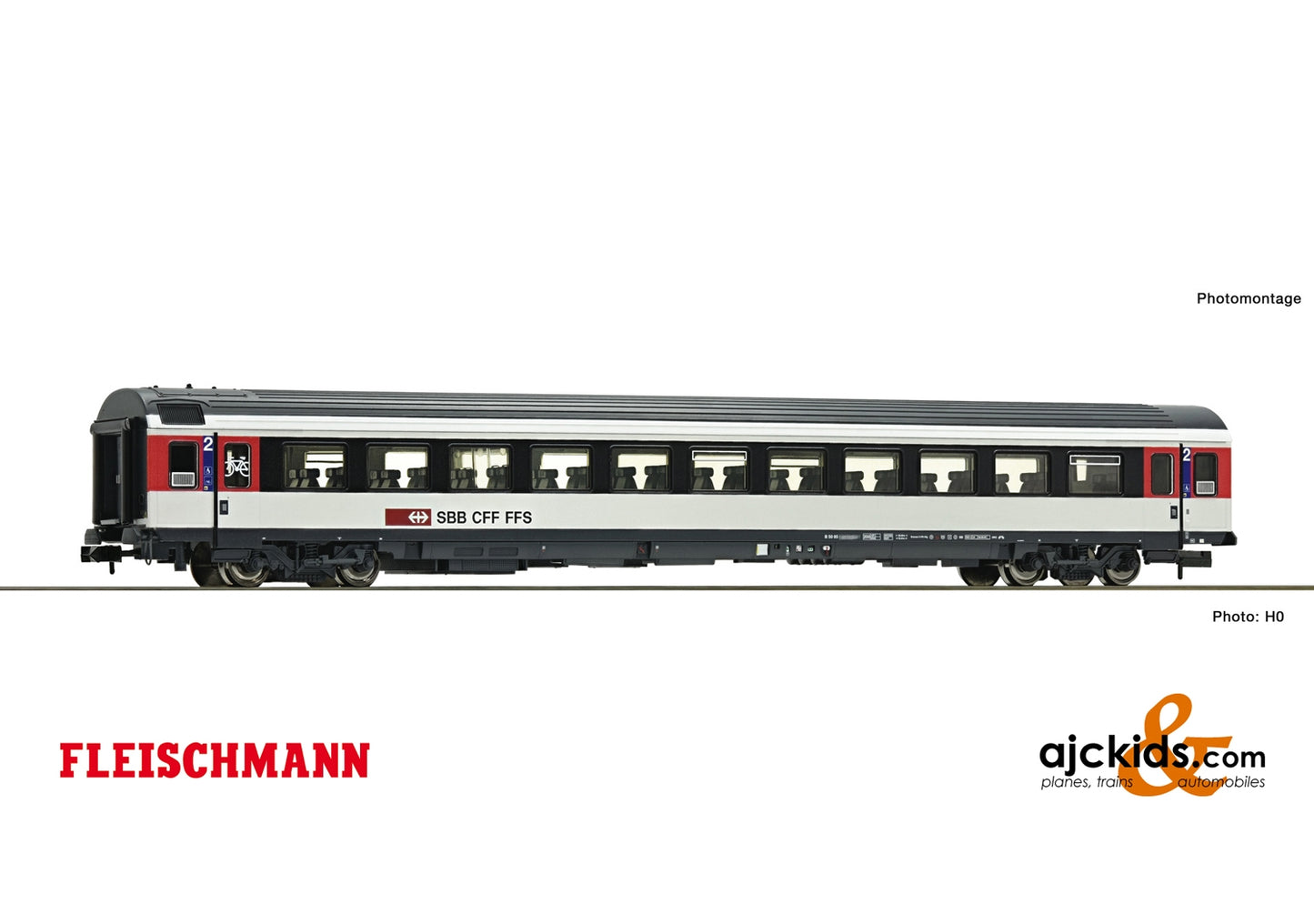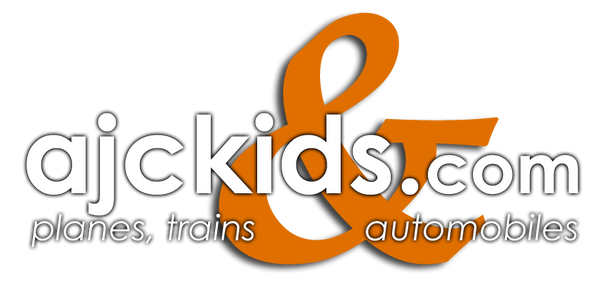Fleischmann 890323 - 2nd class passenger carriage
Improved close coupler guide mechanism for trouble-free commuter
train operation
Bogies with anti-rolling devices
Refined window frames
Product description
The rather mixed quality of experiences with the standard coach III in aluminium construction caused the Swiss Federal Railways, together with the wagon industry, to develop the standard coach IV (EW IV). These coaches possess construction features of both the SNCF Corail coach and the Eurofima coach procured by the SBB. The car body is produced as a welded steel lightweight construction. The first, air-conditioned standard coach IV for first class passengers was delivered in 1981, with swing-sliding doors offset to the centre of the coach, analogue to the Corail coaches. In 1983, the second class coaches and dining coaches were added. In total, 540 EW IV passenger coaches were built, of these 496 for the SBB. The Bern- Lötschberg-Simplon-Bahn (BLS), the Swiss Südostbahn (SOB) and the Bodensee- Toggenburg-Bahn (BT) railways procured coaches of the same construction. Over the course of time, the EW IV coaches for the abovementioned private railway companies were replaced with the SBB’s EW I, II and III coaches, as they were better-suited to the operating conditions. No luggage vans were designed for the EW IV type; instead, EW II luggage vans were adapted, and later used MC76 luggage vans of the Corail type were purchased from the SCNF. As long-distance trains became shuttle trains from the year 1996 onwards, the SBB procured 60 control cars of the type IC Bt. Such Intercity shuttle trains comprise, in addition to the control car, adapted intermediate EW IV cars, former French luggage vans and locomotives of the type Re 460. The design of the vehicle, featuring 62 seats, is based on the familiar Eurocity car. The equipment also includes a wheelchair, pushchair and bicycle compartment, as well as a closed WC system with bioreactor. The front end shape and the driver’s cab look very similar to the Re 460 locomotives, thus producing a homogeneous appearance. The EW IV coaches and the associated control cars and luggage vans did not change a great deal in appearance over the course of time. The initially rather conservativelooking green/stone grey, green/cream and blue/cream colouration was replaced by a smart black/white livery. Travellers loved these coaches due to their generously-sized interiors with face to face seating, and the fact that they ran smoothly even at high speeds. The EW IV coaches have been subjected to diverse modernisations, but still run today across almost all of Switzerland.
EAN/UPC: 4005575254502



